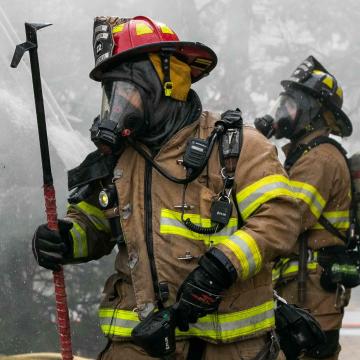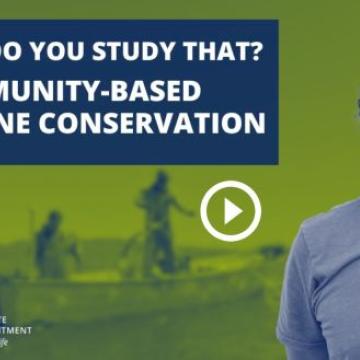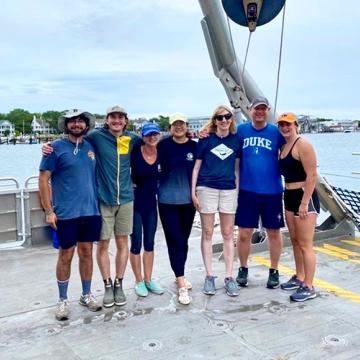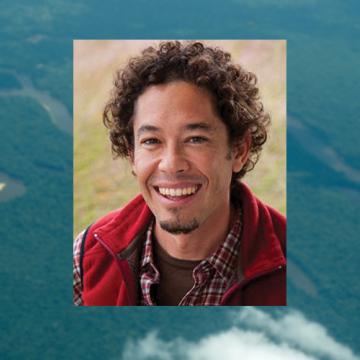-
NewsA trove of lithium-rich brine exists underground in Bolivia. Researchers conducted the first comprehensive chemical analysis of wastewater associated with mining the resource.
-
NewsDuke study reveals low levels of common contaminants but high levels of other elements in waters associated with an abandoned lithium mine.
-
NewsMeet the Doyle Lab, learn more about its research focus, a lab member's experience in the lab and the opportunities the lab offers Duke students.
-
NewsKidney disease is typically linked to conditions like diabetes and high blood pressure, which gradually wear down the kidneys’ delicate systems that keep the body in balance. But the communities that Duke University researchers Nishad Jayasundara , PhD, and nephrologist Anna Strasma , MD, study are facing a different problem.
-
NewsEighteen emerging leaders from water and wastewater utilities across the United States have been selected as 2024-2025 Fellows of the Nicholas School for the Environment at Duke University’s Water Innovation Leadership Development (WILD) Environment+ program.
-
NewsXavier Basurto, Truman and Nellie Semans/Alex Brown & Sons Associate Professor of sustainability science, studies community-based marine conservation. Basurto discusses how fishers can help us understand the effects of climate change by listening to their experiences.
-
NewsAn international team of scientists has revealed high levels of toxic metals in global phosphate fertilizers using a variant of the element strontium to uncover such metals in soil, groundwater and possibly the food chain.
-
NewsMeet the Hunt Lab, learn more about its research focus, a lab member's experience in the lab and the opportunities the lab offers Duke students.
-
NewsThis year’s global Earth Day theme is “planet vs plastics”, and calls for the rapid phase out all single-use plastics.
-
NewsMeet the Vengosh Lab, learn more about its research focus, PhD students' experience in the lab and the opportunities the lab offers Duke students.
-
NewsMeet the Stapleton Lab, learn more about its research focus, a postdoc's experience in the lab and the opportunities the lab offers Duke students.
-
NewsGulf War Illness (GWI), which affects approximately 250,000 U.S. veterans, has been found to significantly reduce the ability of white blood cells to make energy and creates a measurable biochemical difference in veterans who have the disease. The finding comes from a physician who noticed GWI symptoms paralleled those of mitochondrial diseases. Analysis revealed significantly lower levels of extracellular acidification and oxygen consumption in the white blood cells of veterans with GWI.
-
NewsNishad Jayasundara recently presented “Climate Change and Pollution: Challenges, Opportunities, and the Ticking Clock for Kidneys,” discussing environmental change and kidney health.
-
NewsXavier Basurto is broadly interested in how people in small communities successfully organize themselves for collective action. His recent talk described his work in advancing the understanding of non-colonialist sustainability science: the prospects and limitations of self-organization, or self-governance, for social-ecological sustainability, particularly in the Global South.














